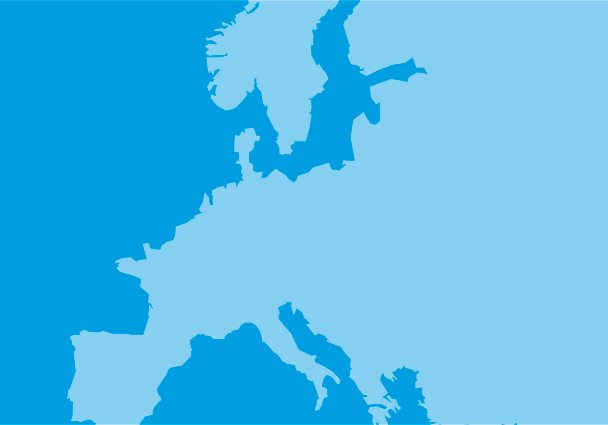The ICJ welcomed today’s unanimous ruling of the House of Lords reaffirming the absolute ban on evidence procured by torture.
In a decision which concerns eight terrorist suspects facing deportation, the Court outlawed the use of torture evidence in any judicial proceedings even when obtained in a third country without the involvement of the UK authorities.
The ruling comes at a time when there is mounting evidence that states increasingly rely on statements obtained through torture in places of detention such as Guantánamo Bay or in countries with a long record of torture.
“States who accept evidence obtained by torture not only condone it but also encourage its further perpetration and violate their obligation to prevent and eradicate this heinous crime. Today’s ruling sends a clear message that, even in fighting terrorism, states should never rely on such evidence.” said ICJ Secretary-General Nicholas Howen.
The ICJ notes that the House of Lords upheld the Special Immigration Appeals Commission (SIAC)’s duty to enquire about the origin of the evidence when there is a reasonable suspicion that it might have been obtained through torture. To fulfil its duty, the Immigration Commission must now reconsider the cases before it and investigate whether evidence was obtained by torture.
“Given the absolute nature of the prohibition of cruel, inhuman and degrading treatment, this ruling should also apply in cases of evidence obtained through ill-treatment.” concluded Nicholas Howen.
Background
The House of Lords ruled in favour of eight terrorist suspects whose possible deportation is examined by the Special Immigration Appeals Commission (SIAC). In November 2005, the ICJ intervened in the case before the House of Lords jointly with Justice, the International Bar Association and the Commonwealth Lawyers Association. Today’s decision reverses an earlier ruling by the Court of Appeal in August 2004 that evidence could be used as long as the UK authorities were not themselves involved in the torture.
UK-ban torture evidence-press release-2005 (full text in English, PDF)





